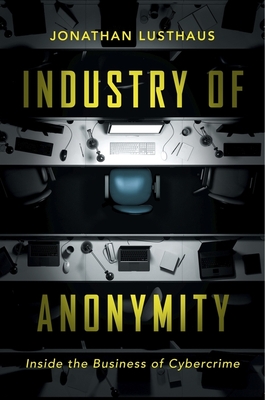Expedite your nonfiction book discovery process with Readara interviews, summaries and recommendations, Broaden your knowledge and gain insights from leading experts and scholars
In-depth, hour-long interviews with notable nonfiction authors, Gain new perspectives and ideas from the writer’s expertise and research, Valuable resource for readers and researchers
Optimize your book discovery process, Four-to eight-page summaries prepared by subject matter experts, Quickly review the book’s central messages and range of content
Books are handpicked covering a wide range of important categories and topics, Selected authors are subject experts, field professionals, or distinguished academics
Our editorial team includes books offering insights, unique views and researched-narratives in categories, Trade shows and book fairs, Book signings and in person author talks,Webinars and online events
Connect with editors and designers,Discover PR & marketing services providers, Source printers and related service providers

Industry of Anonymity: Inside the Business of Cybercrime
Social Science > Criminology
- Harvard University Press
- Hardcover
- 9780674979413
- 9.3 X 6.4 X 1.1 inches
- 1.23 pounds
- Social Science > Criminology
- (Single Author) Asian American
- English
Readara.com
Book Description
The most extensive account yet of the lives of cybercriminals and the vast international industry they have created, deeply sourced and based on field research in the world's technology-crime hotspots.
Cybercrime seems invisible. Attacks arrive out of nowhere, their origins hidden by layers of sophisticated technology. Only the victims are clear. But every crime has its perpetrator--specific individuals or groups sitting somewhere behind keyboards and screens. Jonathan Lusthaus lifts the veil on the world of these cybercriminals in the most extensive account yet of the lives they lead, and the vast international industry they have created.
We are long past the age of the lone adolescent hacker tapping away in his parents' basement. Cybercrime now operates like a business. Its goods and services may be illicit, but it is highly organized, complex, driven by profit, and globally interconnected. Having traveled to cybercrime hotspots around the world to meet with hundreds of law enforcement agents, security gurus, hackers, and criminals, Lusthaus takes us inside this murky underworld and reveals how this business works. He explains the strategies criminals use to build a thriving industry in a low-trust environment characterized by a precarious combination of anonymity and teamwork. Crime takes hold where there is more technical talent than legitimate opportunity, and where authorities turn a blind eye--perhaps for a price. In the fight against cybercrime, understanding what drives people into this industry is as important as advanced security.
Based on seven years of fieldwork from Eastern Europe to West Africa, Industry of Anonymity is a compelling and revealing study of a rational business model which, however much we might wish otherwise, has become a defining feature of the modern world.
Author Bio
Dr Jonathan Lusthaus is Director of The Human Cybercriminal Project in the Department of Sociology, a Research Associate at the Centre for Technology and Global Affairs, and a Research Fellow at Nuffield College, University of Oxford. He is also an Adjunct Associate Professor at UNSW Canberra Cyber. Jonathan’s research focusses on the "human" side of profit-driven cybercrime: who cybercriminals are and how they are organized.
A regular speaker at major conferences, including Black Hat and Enigma, Jonathan has written widely across academic, policy and media publications. He recently completed a seven-year global study on the organization of cybercrime published by Harvard University Press as Industry of Anonymity: Inside the Business of Cybercrime.?
Source: Nuffield College
Videos






Community reviews
No Community reviews

